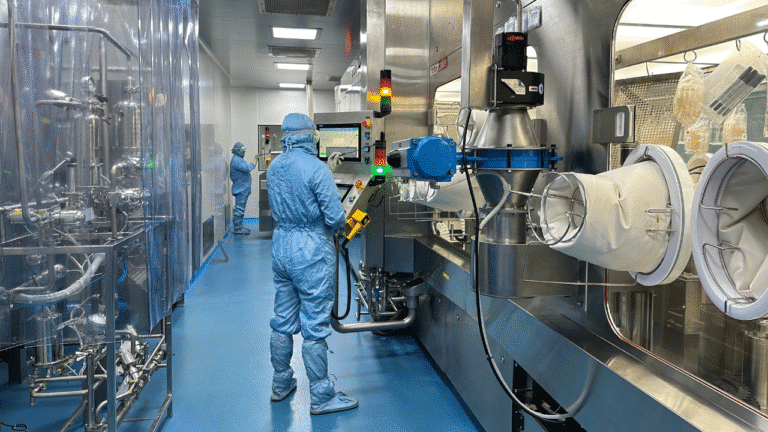
Visva-Bharati University Researchers Discover Pantoea Tagorei: A Game-Changing Bacteria for Agriculture
In a groundbreaking discovery, researchers at Visva-Bharati University have unearthed a new species of bacteria with the potential to revolutionize agricultural practices. Named Pantoea Tagorei, paying homage to the renowned Nobel laureate Rabindranath Tagore, this bacteria is poised to make a significant impact on crop cultivation and sustainability. Here are some important facts about Pantoea Tagorei.
Genus and Family
Pantoea Tagorei belongs to the genus Pantoea, a member of the Enterobacteriaceae family. This places it in the company of bacteria with diverse habitats, including water, soil, humans, animals, and plants.
Plant Growth-Promoting Abilities
Identified as a plant growth-promoting bacteria, Pantoea Tagorei exhibits remarkable capabilities in enhancing the cultivation of various crops such as paddy, pea, and chili. Its positive effects on plant growth are attributed to its efficient extraction of potassium from the soil.
Nutrient Extraction and Fixation
The bacteria excels at not only extracting potassium from the soil but also facilitates the solubilization of both potassium and phosphorus. Additionally, it engages in nitrogen fixation, contributing to an overall enhancement of nutrient availability for plants.
Potential Boost in Crop Yield
The positive impact of Pantoea Tagorei on plant growth hints at the potential for a substantial boost in crop yield. This could address critical issues related to food security, particularly in regions facing agricultural challenges.
Reducing Dependency on Commercial Fertilizers
By enhancing soil nutrient availability, Pantoea Tagorei offers a sustainable solution that reduces the reliance on commercial fertilizers. This not only minimizes the environmental impact associated with traditional fertilization methods but also presents a cost-effective approach to agriculture.
Biofertilizer Potential
The bacteria’s ability to promote plant growth and reduce the need for external fertilizers positions it as a potential biofertilizer. This could mark a significant shift towards environmentally friendly and economically viable agricultural practices.
In conclusion, the discovery of Pantoea Tagorei opens new doors for sustainable agriculture. Its unique abilities to promote plant growth, extract essential nutrients from the soil, and reduce dependence on commercial fertilizers offer a promising pathway towards a more resilient and environmentally conscious farming future. With the potential to address food security issues and contribute to the development of biofertilizers, Pantoea Tagorei stands as a testament to the untapped possibilities within the microbial world.






